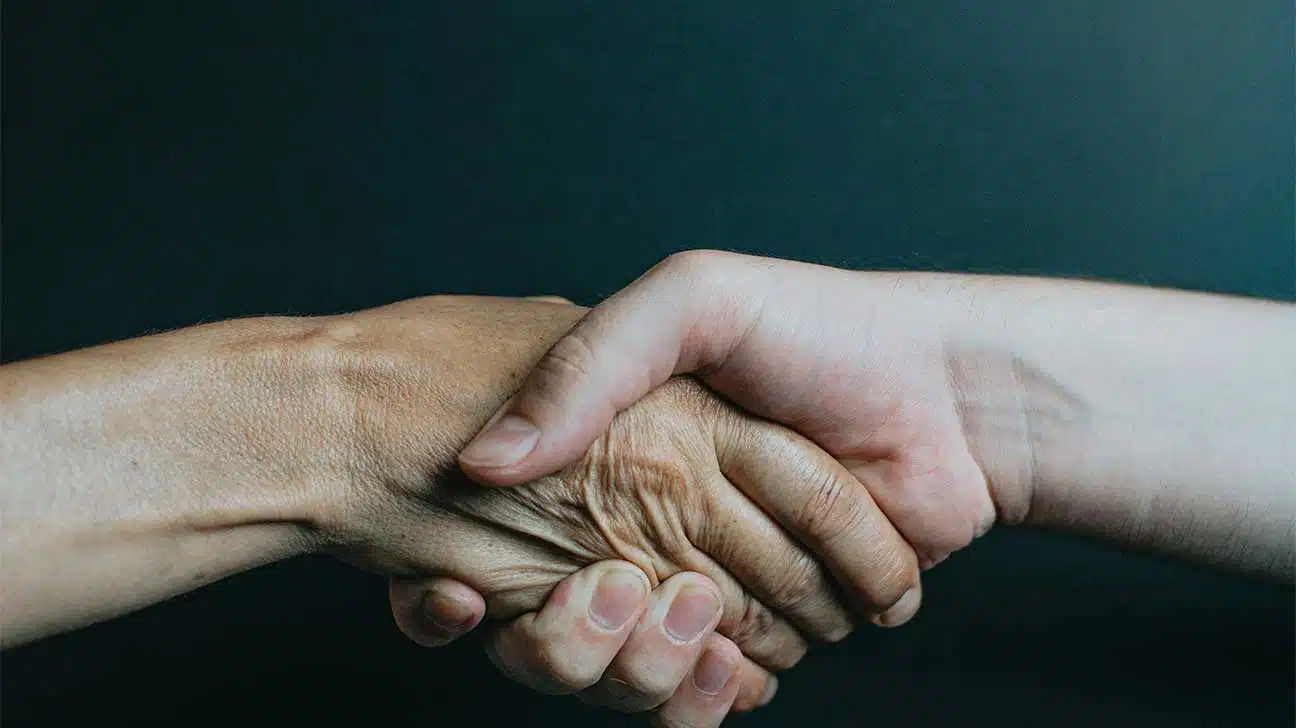
Substance use disorder (SUD) is a mental health condition, and as a mental health condition, it cannot be chosen or rejected.
While drug addiction is still widely misunderstood, more people than ever understand that this condition is more complex than previously realized.
With this new understanding, many close friends and family members face an important question: How do I support my loved one with an SUD without encouraging negative behaviors?
The Fine Line Of Supporting A Loved One Facing Addiction
Because addiction is a mental health disorder, people often have a better understanding of it when they compare it to other mental health disorders.
Consider social anxiety disorder, for example, which is the persistent fear of being judged.
When a person with this condition becomes isolated, friends often know that blaming them for their own loneliness or “punishing” them with avoidance is the wrong approach, as this person did not choose to have social anxiety.
While this comparison helps people better understand drug use, it can also create a dilemma. Treating drug abuse in the same way as other disorders can sometimes become enabling.
If a friend with social anxiety feels overwhelmed and stays home, you can accept that they need that time alone to regroup.
If a friend with an SUD feels overwhelmed and uses substances, accepting that behavior can harm their well-being and put them in a life-threatening situation.
The Difference Between Supporting And Enabling
Drug and alcohol addiction can often result in codependent relationships, and these relationships can make it difficult to see the difference between supporting and enabling.
To support somebody is to help them accomplish a positive and healthy goal. To enable someone is to help them avoid the negative consequences of their actions.
In the social anxiety example, support might involve listening to your friend’s fears and choosing social situations that cause them the least amount of difficulty.
Enabling might involve not telling your friend that they hurt your feelings when they snapped at you during an anxious moment.
For a friend dealing with substance abuse, support may look like attending a sober party. Enabling may look like finishing their work when they’re under the influence so that they can keep their job.
Enabling Behaviors Perpetuate Substance Abuse
Enabling behaviors are also behaviors that perpetuate drug or alcohol use by making it easier for the person to abuse substances.
For example, a person may perpetuate their loved one’s alcohol abuse by purchasing alcohol for them.
These actions may make the person feel short-term relief, but it also causes long-lasting consequences.
How To Provide Support Without Enabling Addiction
There are several ways in which loved ones can support people with addictions without enabling substance misuse.
Some examples include:
- attending family therapy sessions
- researching treatment options
- encouraging the person to begin their recovery journey
- attending support groups, such as Al-Anon, for loved ones of people in addiction recovery
- taking care of one’s own health by setting boundaries
- choosing sober activities
- practicing active listening while understanding that some concerns require professional help
- learning about drug dependency
Find Help For Addiction
Addiction doesn’t just impact the person who has it. It can also affect the entire family or friend group. However, help is available.
If you or a loved one need substance abuse care, contact Addiction Resource to learn about treatment choices.
Addiction Resource aims to provide only the most current, accurate information in regards to addiction and addiction treatment, which means we only reference the most credible sources available.
These include peer-reviewed journals, government entities and academic institutions, and leaders in addiction healthcare and advocacy. Learn more about how we safeguard our content by viewing our editorial policy.
- Johns Hopkins Medicine
https://www.hopkinsmedicine.org/health/conditions-and-diseases/substance-abuse-chemical-dependency - National Center For PTSD
https://www.ptsd.va.gov/apps/craftsud/lesson05/05_021.htm - University Of Pennsylvania Health System
https://www.uphs.upenn.edu/addiction/berman/family/enabling.html

